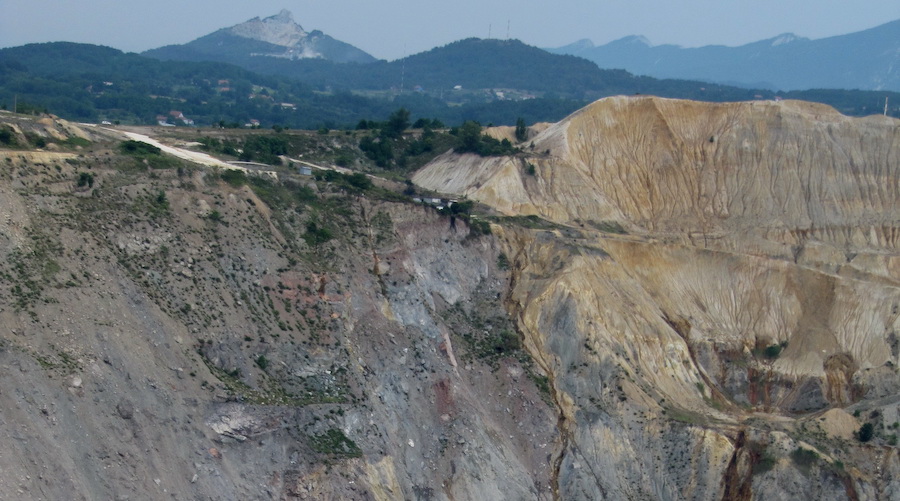
Serbia plans to invest a total of 6 billion euros in new capacities for electricity production by 2040 as it seeks to phase out coal-fired power plants, the minister for mining and energy said on Monday.
The European Union candidate country currently produces 70% of its electricity in ageing coal-fired power plants which are major polluters.
Zorana Mihajlovic, country’s Minister for Energy and Mining, told Reuters that over the next 20 years, Belgrade wants to invest 6 billion euros in renewable energy resources, gas-fired power plants and hydropower plants.
“We are currently preparing a new energy strategy and we will plan how to phase out coal … It needs to be done gradually and it will take time,” Mihajlovic told Reuters in an interview.
In 2018, China’s Zijin Mining became Serbia’s strategic partner in country’s sole copper complex RTB Bor
Under the strategy, the country should be producing up to 50% of electricity from green sources, up from present 5% by 2040, Mihajlovic said.
Around 45% of the investment will come from private sector or will include private-public partnerships.
Serbia also plans to invest another 11 billion euros over the 20 years in the mining sector which has suffered for decades due to international isolation and the loss of markets in the 1990s and mismanagement.
In 2018, China’s Zijin Mining became Serbia’s strategic partner in country’s sole copper complex RTB Bor, pledging to invest $1.26 billion in return for a 63% stake.
“Only this year the Chinese Zijin have invested 500 million euros to open … , a new copper and gold mine (in the Bor basin),” Mihajlovic said.
On June 16, Serbia’s unit of the Zijin Mining said it received an approval for the trial run of the Cukaru Peki mine in the Bor basin which is expected to produce an annual average of 91,000 tonnes of copper and 2.5 tonnes of gold.
Mihajlovic said that with the new mines Serbia’s share in Europe’s copper production will jump from the current 5% to 18%.
The country was also looking to profit on Rio Tinto’s plans to open a lithium mine in the west of the Balkan country, despite protests by environmentalists and some experts.
(By Ivana Sekularac and Aleksandar Vasovic; Editing by David Evans)
Comments